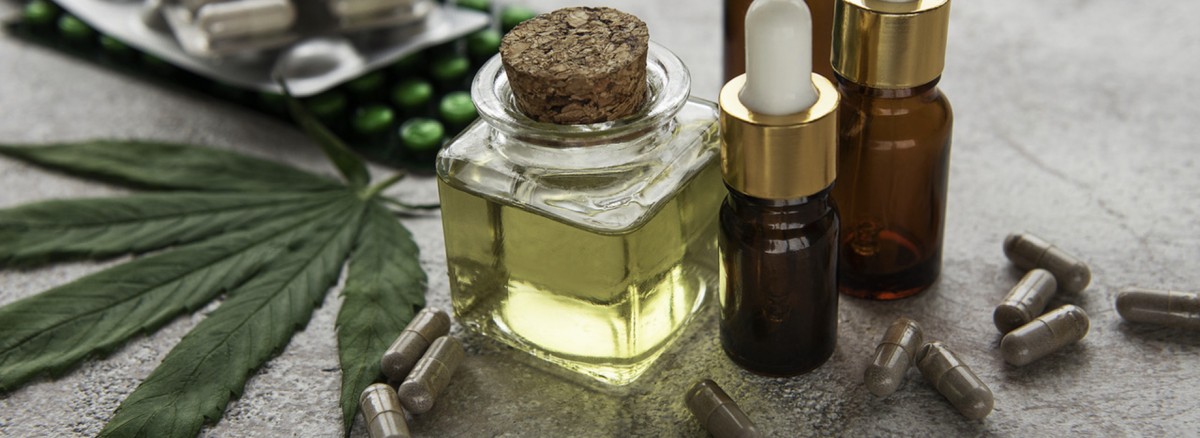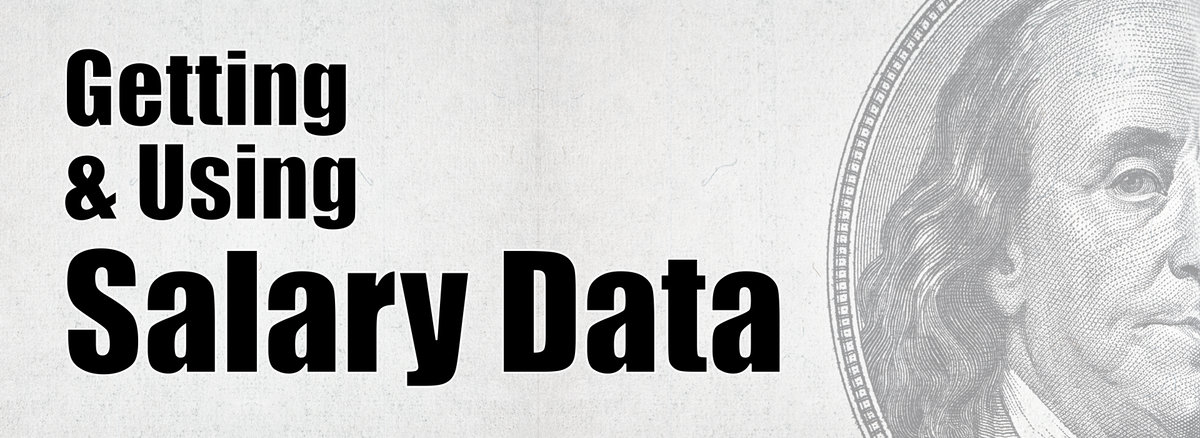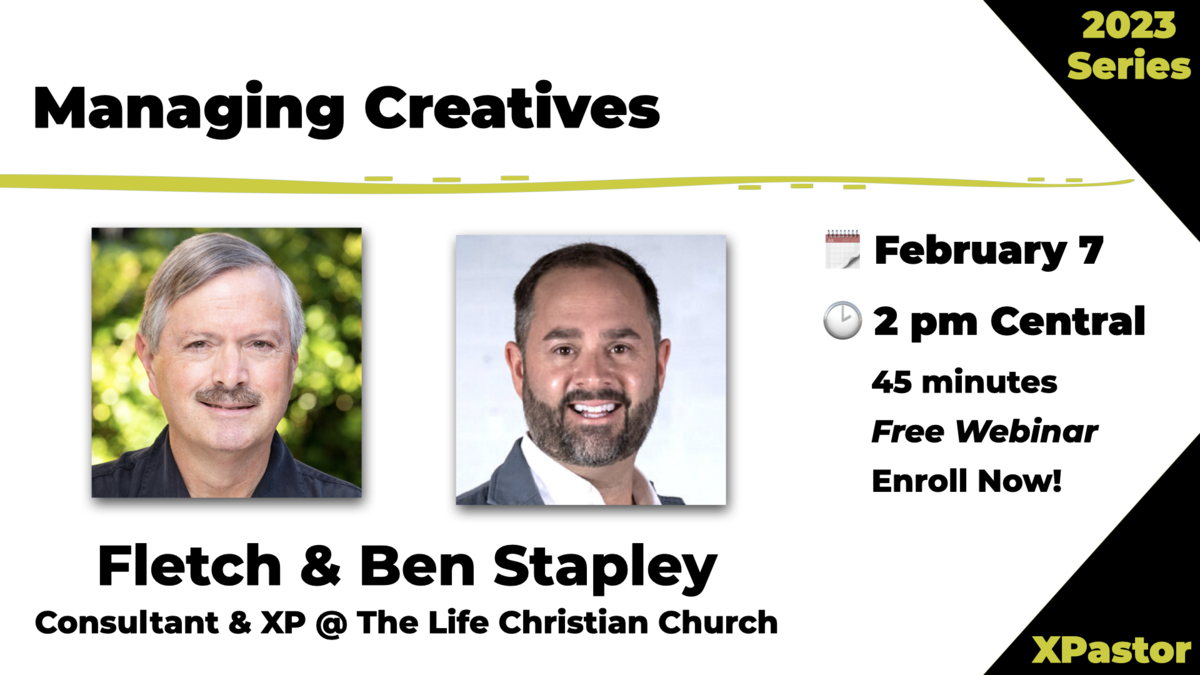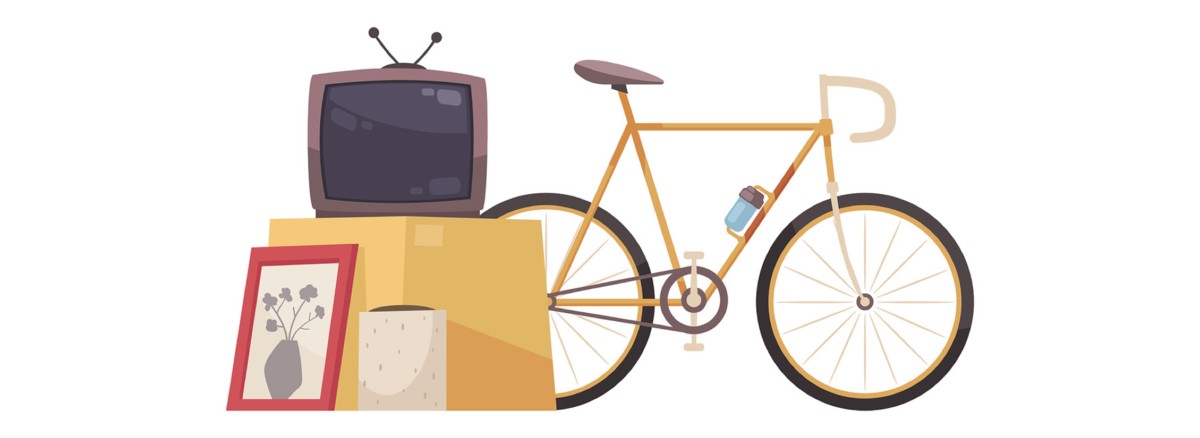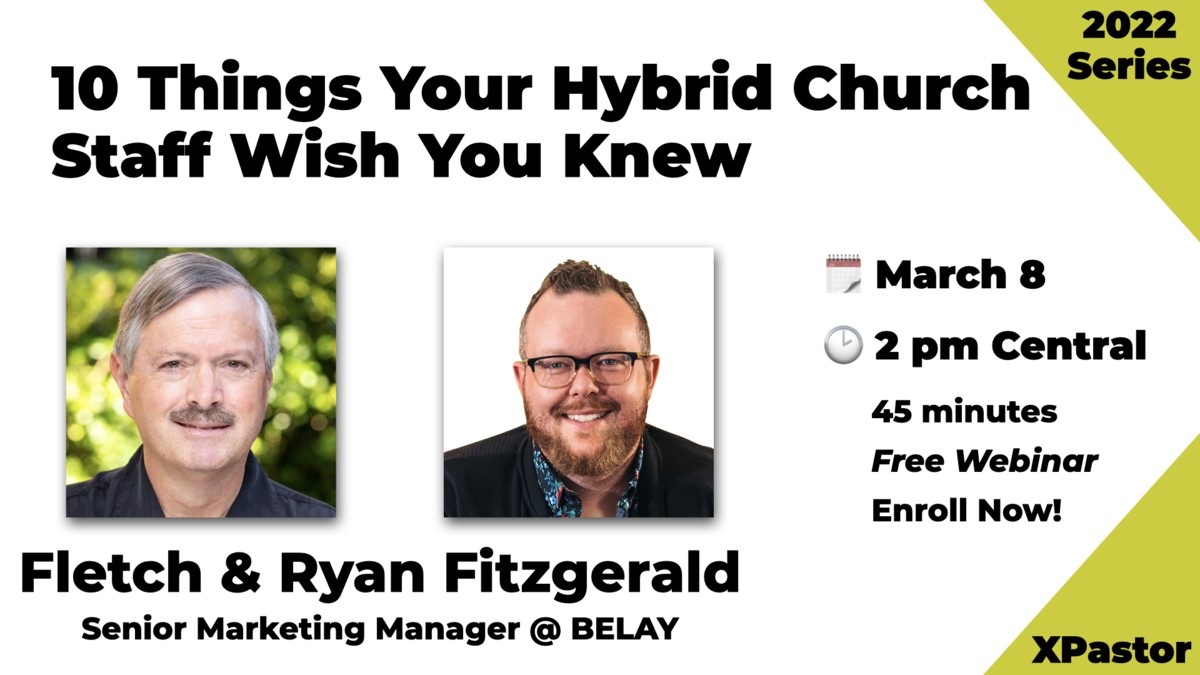Hey Fletch … Should our church have a policy on the use of cannabidiol or CBD oil? Our Lead Pastor is concerned about this. This stuff is legal in our state. We have a youth pastor whose wife and kids use it and are open about it with the youth. We are looking for some policy precedence on this.
Fletch—Your church may or may not have a position on the use of medical and recreational marijuana and its derivatives, but your people certainly have a view. The same is true for cannabis derivatives, such as CBD oil, or the new hot item, edibles.
The American public has changing views on these items. U.S. News & World Report noted, “a Gallup poll conducted in October 2019 found that 66% of U.S. adults think the drug should be legal.” Although outlawed at the federal level, 18 states have legalized marijuana for recreational use and 35 states allow it for medical use. We see that the acceptance and use by adults is rapidly growing in the United States.
Marijuana and Derivatives
Just as I was editing my response, today the Wall Street Journal reported on a new item, edibles:
Unlike joints, with their puffs of smoke and distinctive smell, and even vape pens, edibles—which can look just like regular candy and cookies—are almost impossible to spot.
Colorado, like most states, has an age limit for the sale of cannabis products, including edibles—21 for recreational use, 18 with a medical marijuana card. Yet it is fairly easy for high-schoolers to get them from older siblings and friends.
One standard unit of THC is 5 milligrams, as defined by the National Institute on Drug Abuse. But one candy bar or cookie could include 10 doses, says Staci Gruber, director of the Marijuana Investigations for Neuroscientific Discovery (MIND) program at McLean Hospital in Massachusetts. And the way that eaten THC is processed by the liver increases its psychoactive properties, Dr. Gruber says. The high also lasts longer than from inhaling.
So, we have a new wrinkle, or should I say new snack, in marijuana issues in the U.S.
A 2021 story in the Wall Street Journal put it this way:
More people are turning to cannabis to alleviate mental health problems like anxiety and depression, as well as insomnia, psychologists and researchers say. Yet the science on cannabis as a mental-health treatment is in its infancy—and some evidence suggests that marijuana can make these problems worse.
The legal part of U.S. marijuana industry is big business, with $13 billion in 2019 sales and over 340,000 jobs.
Some may use cannabidiol or CBD oil. An Investopedia talks about the money aspect and the use:
Cannabidiol, a natural compound found in cannabis plants that is non-psychoactive. This means it doesn’t make the consumer high. CBD is sold as an ingredient in oils, oral sprays, creams, pills, or edibles like gummies and lollipops. Purveyors claim CBD can provide relief from pain, combat anxiety, and depression. It’s even been linked to helping people living with cancer.
The Department of Agriculture published the federal allowance for the production of cannabis derivatives that are under a threshhold level:
The plant Cannabis sativa L. and any part of that plant, including the seeds thereof and all derivatives, extracts, cannabinoids, isomers, acids, salts, and salts of isomers, whether growing or not, with a delta-9 tetrahydrocannabinol concentration of not more than 0.3 percent on a dry weight basis. These changes include removing hemp from the CSA, which means that cannabis plants and derivatives that contain no more than 0.3 percent THC on a dry weight basis are no longer controlled substances under federal law.
The bottom line is that various cannabis derivatives under 0.3 percent THC are legal at the federal level. While marijuana use is illegal at the federal level, many states have legalized its use.
Church Policy
What position should your church take on employees using marijuana, CBD oil and edibles? A good starting place is to relate cannabis and its derivatives to the use of alcohol.
If you have a policy that church leaders are not to use alcohol, you could have a policy banning the use of marijuana, as it has psychoactive effects. This assumes that marijuana is legal in your state. This prohibition should include the new category of edibles.
If your church allows alcohol use at home or restaurants, or is silent on the subject, you could have a policy that no recreational use of marijuana or edibles be used. This position may seem inconsistent to some, since the use may be legal in your state. You could ban the use at youth events, such as, no leader may drink an alcoholic beverage or use any cannabis product at a youth event.
Asking church leaders not to use CBD is an interesting gray line. Products with under 0.3% THC are legal according to the FDA. While marijuana is illegal at the federal level, low level CBD is not. Again, if your church has a moral perspective on CBD, you can include a prohibition in your code of conduct. That prohibition may be challenged by various church leaders, citing that other federally allowed items are not likewise prohibited.
Whatever position you take, your church policies should apply your code of conduct to all leaders, not just to staff. By doing this, you include groups such as youth leaders and board members.
The Youth Pastor and His Comments
A concern in the Hey Fletch question is the youth pastor and his family. They are openly talking about their use of CBD.
Let’s compare this to alcohol and tobacco. Although both are legal, it is unwise to advocate their use to minors. The youth pastor is open and advocating the use of CBD. As an authority figure, the youth pastor should be careful about what he and his family promote to the youth group. This is why some churches allow alcohol use but not in public places, such as restaurants, where youth can see them drink.
This is a wisdom issue similar to adult-themed movies—the reader should determine what constitutes as adult-themed, whether it be by the ratings of R, NC-17 or TV-MA, or by sexual, verbal or violent content. While staff may or may not watch these shows and movies at home, it may be unwise to cite them in sermons or advocate watching them.
Aside from medical use, you can ask and enforce that marijuana, edibles or its derivatives not be used. You can ban their use on the church property, while working or driving. You can do drug testing as equitable enforced, especially for anyone using machinery or driving for the church. You can ask staff not to publicize to minors their personal views on marijuana and its derivatives.
For the youth pastor, the bottom line is one of wisdom. What is allowable for adults is not necessarily beneficial for minors. It may be legal to use CBD oil, but is it wise to share that with minors? Should we allow a youth pastor to speak publicly on a gray area?

